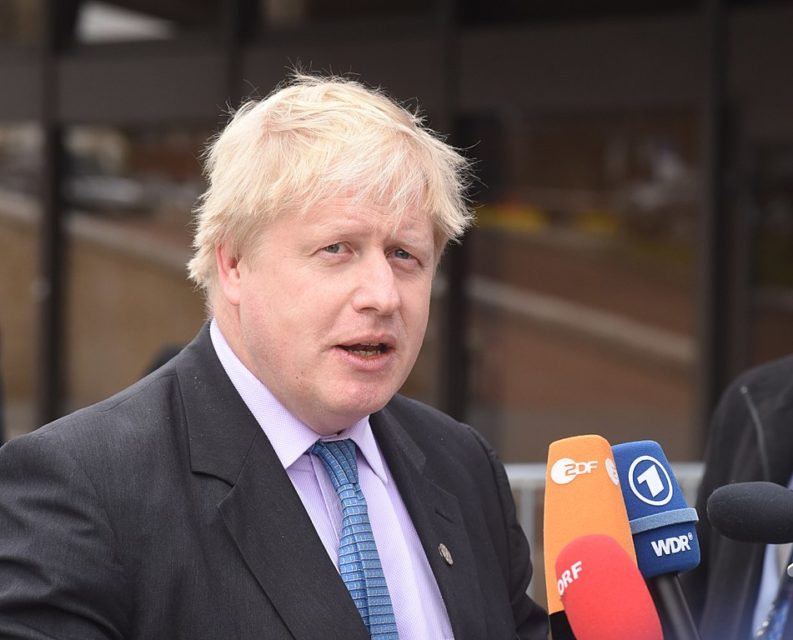In The Post Millennial, Barbara Kay explains why there may be a good opportunity for Maxime Bernier to attract votes from disaffected Canadians who don’t feel the other parties represent their interests and concerns:
The nationalist Brexit Party, led by outspoken euroskeptic Nigel Farage, came into existence last January. Four months later, it boasts 29 MEPs (Members of the European Parliament). By contrast, this past May, Canada’s Green Party elected its second member of parliament after 36 years of existence.
There’s a message here. The Green Party is not a “disruptor” of the status quo, and it doesn’t represent a groundswell of voices who feel left out of the conversation. It’s just a more fibrously left wing form of the same political granola served up by the NDP and the Liberal Party. It’s not really needed. But the Brexit Party’s success is a genuinely organic statement of anger directed at traditional parties by great swaths of citizens who not only felt disrespected and ignored, they actually were, by any objective standards, disrespected and ignored. It was needed.
Forty percent of Canadians routinely choose not to vote. A certain number are politically indifferent, but another number don’t vote because they don’t feel any of the parties represent their views. Normally, they don’t feel worried enough to bestir themselves. Will the pattern hold in October?
Or is this Maxime Bernier’s “disruptor” moment? His People’s Party of Canada was officially launched in January, and it presently has more members than the Green Party. The PPC is fielding candidates in all 338 ridings, an impressive accomplishment given the time constraints. Their basic platform, which includes tax simplification, the abolition of supply management, as well as long-overdue abolition of inter-provincial tariffs, indicates commitment to fundamental conservative principles.
But those issues speak to the mind, not the heart, and a slew of anxious Canadian hearts are what is presently up for grabs. One of Bernier’s great strengths is that in spite of years of political experience, he has not become jaded or cynical. He wears his own heart on his sleeve. Not a thespian, mantra-driven, lachrymose, pre-programmed “heart” of the kind Trudeau is so famous for, but an unsentimental heart full of deeply-considered convictions that beat, like ruggedly-manned boats, against the progressive current upon which Justin Trudeau is a dreamily bobbing twiglet.
One of those convictions is that chronic breast-beating about the sins of the past and suppression of pride in Canadians’ national identity is creating an unhealthy social and cultural environment, dominated by grievance-mongering special-interest activism that corrodes national confidence and unity of purpose.
Another related, perhaps pivotal strength is Bernier’s passion for freedom of speech.








